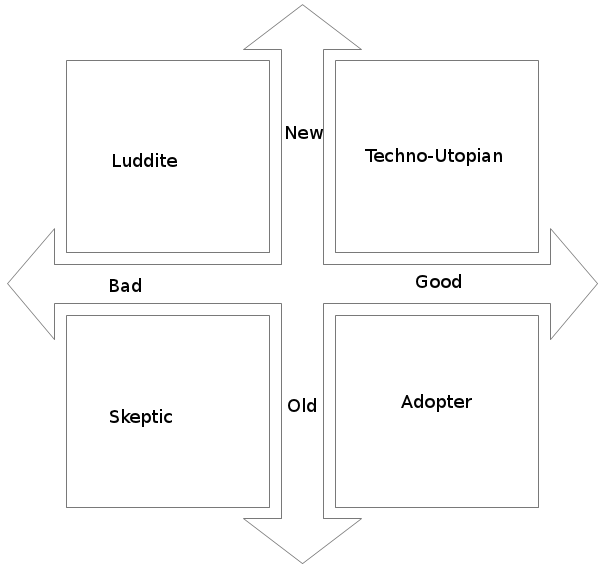(Download the graphic if it doesn’t display) Continue reading
Tag Archives: network

Internet – on Labor
At a relaxed dinner with a good friend recently, we discussed the difficulty of finding a job in Detroit over the last few years. We spoke about the population’s available, marketable skills, and compared the price of land/rent to the type of organizations with the capital to buy it up. Then, we touched on a curious potential outcome of the current grim circumstances. In ten or fifteen years, we posited, when the city has grown again and its workforce is active again, a primary economic driver could well be the Silicone titans. This unusual placement of internet-driven internet drivers would seem out of place in the Motor City, except for a few key factors. First, technology industries require massive investments of capital for infrastructure and of labor for support in addition to the engineers and designers who are their most visible participants. Second, the data in the United States flows through Detroit, necessitating more of those support staff as that stream grows. And finally, the low cost of land and utilities, and the propensity of large IT firms to model their operations on 19th and 20th century factories, means that the companies have incentive to move to such an area already. Some small moves in this direction could trigger large changes to the economic situation there. Continue reading
Internet – Synthesis – On Newness
The question of what, after all, is so new about the internet has run through the introductory and summary posts in this series. It is a divisive question. Some proclaim the revolutionary, worldchanging emergence of the internet a wholly unique phenomenon. Others describe its continuity with older forms of media, communication, technology, or ideas. And each vein has its proponents and detractors of the internet’s cultural effects, which seem ubiquitously manifest, though not unequivocally ethically or morally valenced. Since we are concerned, here, with not just cultural effects but also cultural conditions for today’s internet, though, we cannot neatly reduce our approach to any of these positions.
So, we are faced with a series of comparisons and contrasts.
